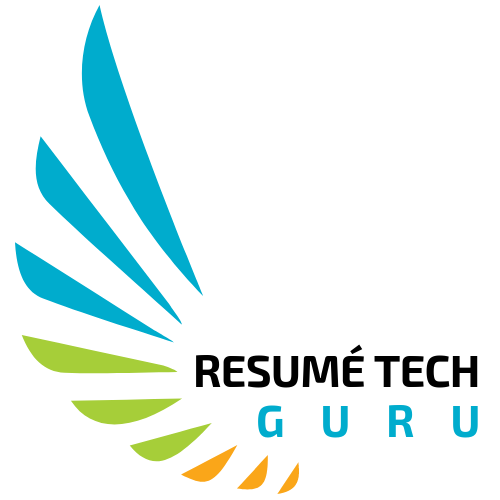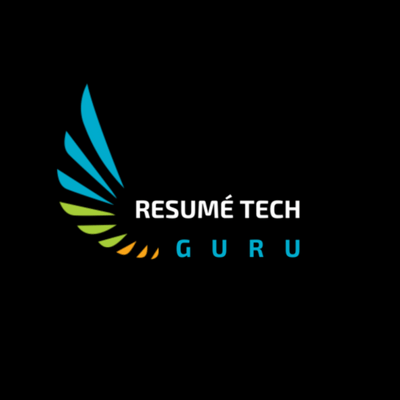According to a recent Robert Half survey of more than 2,800 senior managers, “half of the employers (58%) said they prefer to receive cover letters and find them very valuable.” As a business owner as well as a former Fortune 500 hiring manager, for me, a cover letter makes a positive impression, especially when other candidates waste the opportunity to state their case.
Think about it. If you received 100 resumés for your position, beyond the basics of academics and skills, what would stand out for you regarding potential employees? I would venture to say, focused interest, conviction, and passion will stand out.
Cover letters are a hotly debated topic for job searching candidates. For example, last week, while I was volunteering as a career consultant at Dress for Success in Seattle, my client and I discussed cover letters. She wasn’t a fan, and then one of my volunteer colleagues, a former client, chimed in stating she abhorred them. We spent three minutes discussing the pros and cons. It prompted me to discuss this with you, my virtual connections. Let’s start with the negative to build to the positive for writing a cover letter.
Cons
- Time Consuming: It takes time to find corporate information regarding address, hiring manager, and providing why you are the perfect candidate for the job. Yes, I spend 1-hour researching and writing a cover letter for a specific client opportunity because a $10K-$100K benefit package increase is worth the investment. Or, in some cases, a job is worth it after a layoff or sabbatical.
- Recruiter’s Disinterest: My colleague told me that some job postings don’t require, so why bother? My retort was you don’t know which recruiter will think otherwise. And just because the recruiter doesn’t care, doesn’t mean a targeted cover letter to the VP or CXO won’t find its way to them. When I was a Sprint hiring manager, it was the little things that differentiated candidates with a cover letter being one of them for granting an interview.
Pros
- Personal Branding: Allows you to reinforce your brand, provide evidence for why you will make an impact, and differentiate yourself from other potential candidates. It allows you to toot your own horn.
- Positive Impression: Researching a company, their leadership, mission, and accomplishments, allows you to state why you want to be employed there and add value. How would you feel if someone showed up knowing your business accomplishments, challenges, and offered thoughts on innovation for a positive impact? This cover letter allows you to deliver that message!
- Differentiator: Recently, an Amazon executive questioned whether cover letters made a difference. After customizing a message for him for a targeted position, he had an “aha” moment. It was his personal story stated in the first person. Contrary to a resumé, which indicates your responsibilities and accomplishments without the embellishments. You are unique; here’s your opportunity to report your vision, leadership style, and successes with a personal perspective that may or may not resonate with the hiring VP or recruiter.
Number of Impressions
Let’s take a glimpse of what happens in commercial advertising, which extrapolates to your brand. Always seek the opportunity to make an impression since it takes more than one to stick the landing!
- “In nine years of specializing in digital programmatic advertising, our company has repeatedly observed (in our system) that the number is irrelevant. It can range from one impression to several hundred. What matters is that you, the marketer, are always in front of your target audience, no matter which medium or screen they happen to be browsing.” – Forbes, Clint Ethington, “Why We Need To Stop Capping Impressions On Marketing Campaigns”
- “A cardinal rule of advertising, known as “The Seven Times Factor,” says as a general rule, potential customers need to see an ad seven times or more before they buy. After all, research shows that, on average, you have to see an ad seven times before you even notice it.” – Successful Software
My Experience
My clientele derives from different sources ranging from my web sites, LinkedIn Pro, referrals, networking, and volunteering. I always send proposals, and when we agree to collaborate, I ask what the selection criteria were. Overwhelmingly, it was because I customized my note after researching my client’s career, accomplishments, skill sets, and their colleague’s recommendations on LinkedIn. More importantly, I offered my value proposition to enhance their career adventure through strategy, industry analysis, and competitive positioning. Bingo, my proposals are my consulting cover letter for these one-on-one job consultations. In a nutshell, I understand your value and can enhance your brand, enabling you to apply, interview confidently, and obtain the job offer. I’m not everyone’s cup of tea, but when I resonate with their requirements, we collaborate on their career adventure. The bottom line, you select people based upon mutual considerations and value. A cover letter can hone in why a company should hire you.
What Would a Tech Exec Do?
My technology executive clients hire me for career strategy and personal branding. Guess what? They almost always request a cover letter or email intro. Why? They want the competitive edge to position themselves for the job as a differentiator. It’s branding and has a monetary valuation. So if executives earning $200K-$1MM are creating cover letters, my reasoning is you should clone and own this process for your success.
Cover Letter Template
I provide customized templates for my clients with the following components:
- Your Contact Info: Provide your name, only city and state (no address due to corporate privacy concerns), phone number, and LinkedIn URL. And, yes, anyone can Google you and find out your physical address, unless you’re in the witness protection program, but that’s not the point. Short, sweet, and to the point. Job in Seattle, you live in Seattle, one checkmark for not having to pay potential relocation. I do have clients wanting to move to another city or will receive relocation compensation, but that’s another blog.
- Addressee: If you don’t know who the hiring manager is, find a person to address your letter by uncovering the top technologist or human resource executive at the firm. The same goes for the mailing address by researching corporate headquarters or local address. Granted, these days, we email, but the effort to uncover the details shows your interest and commitment.
- Introduction: Begin the first sentence with your years of experience along with your industry expertise using keywords from the job description. Detail the position title and company name for reader focus, especially if it’s an executive search firm or recruiting agency. Explain a pivotal differentiator to capture why the reader should continue.
- Company Focus: Provide a sentence regarding what resonates with the company culture or mission. The next sentence should outline what company accomplishments impress you from market share, innovation, or industry disruption. This section shows your research investment and your understanding of their big picture and why you will align.
- Your Brand: The last paragraph before closing is a bulleted list of three interpersonal and industry skills you can bring to the table. Why should the company hire you? For my culinary aficionados, what’s your secret sauce? My tech executive positions are looking for cross-functional team leadership, strategic planning, operational excellence, technical innovation, and a coaching component. Pick three for the specific opportunity with a two-sentence metric-based story to back it up. Magic!
- The Close: Thank them for their consideration and note your contact information if not appearing at the top of your cover letter.
Land your dream job, you deserve it!



